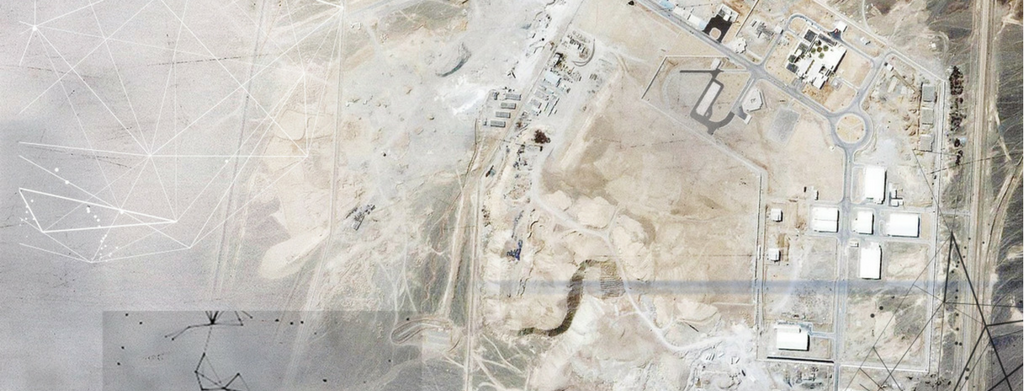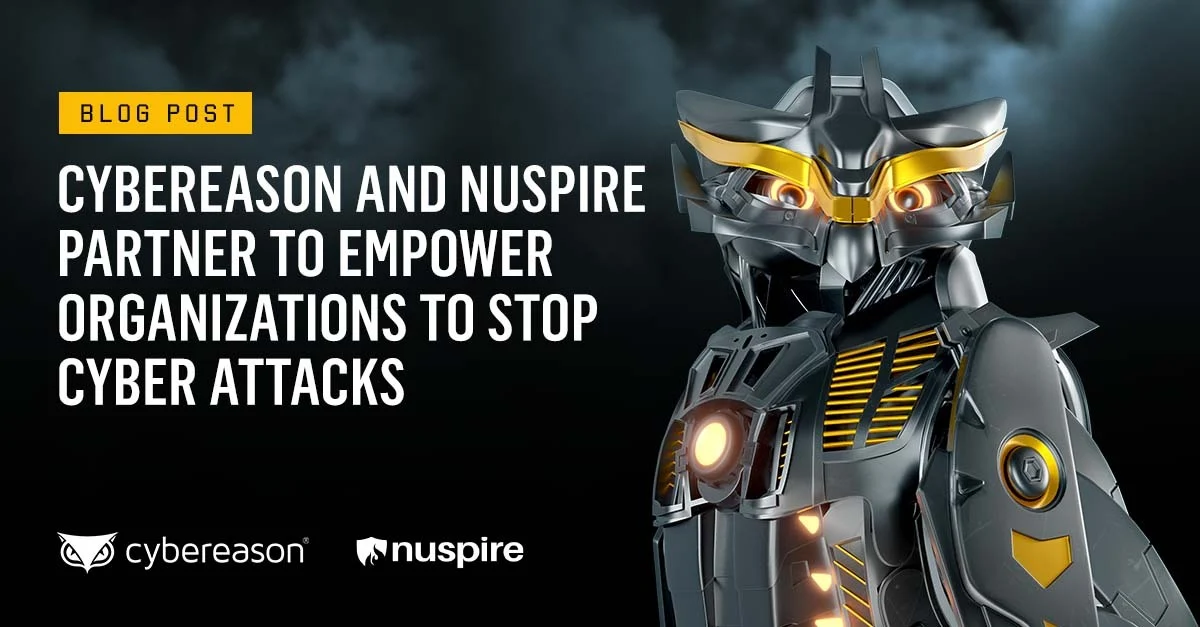
Cybereason Earns Gold OPSWAT Access Control Certification
Cybereason has earned the coveted Gold-level OPSWAT Certified Security Applications verification for the Cybereason Sensors ActiveProbe 22.X for Windows, Mac and Linux endpoints...

Sarah Maloney
The latest report issued by the Cybereason Intelligence Group (CIG), Owning the Battlefield, examines the increase in the quantity and specificity of destructive cyber attacks, especially those associated with nation-state actors.
Owning the Battlefield also looks at how this trend has been accompanied by a low degree of sophistication, in the aggregate, of the attack tools. Considering the extent of the damage caused, you'd expect that these attacks were carried out with very sophisticated toolsets. But, aside from Stuxnet and Crash Override/Industroyer, most of the malware used in destructive attacks over the last 35 years consisted of basic techniques such as boot record wipers.
Additionally, the report discusses the government’s policy paralysis and why a substantial policy shift is unlikely. With no ability to dissuade nation state from carrying out destructive attacks, the private sector will ultimately pay price.
Key Takeaways

Sarah Maloney is a writer for the Cybereason Blog, covering all things cybersecurity.

Cybereason has earned the coveted Gold-level OPSWAT Certified Security Applications verification for the Cybereason Sensors ActiveProbe 22.X for Windows, Mac and Linux endpoints...

Combining the Cybereason operations-centric EDR with Nuspire’s top-notch security operations team enables defenders to combat sophisticated and persistent threats to our mutual customer’s organizations...

Cybereason has earned the coveted Gold-level OPSWAT Certified Security Applications verification for the Cybereason Sensors ActiveProbe 22.X for Windows, Mac and Linux endpoints...

Combining the Cybereason operations-centric EDR with Nuspire’s top-notch security operations team enables defenders to combat sophisticated and persistent threats to our mutual customer’s organizations...
Get the latest research, expert insights, and security industry news.
Subscribe